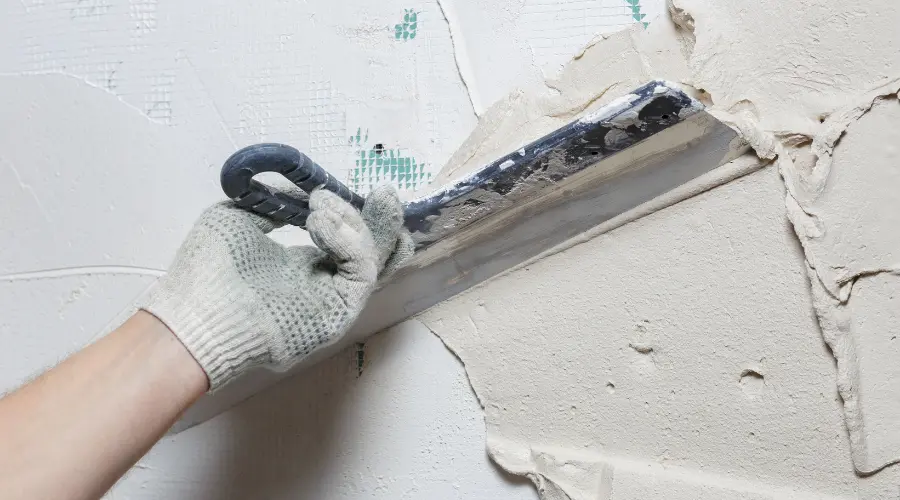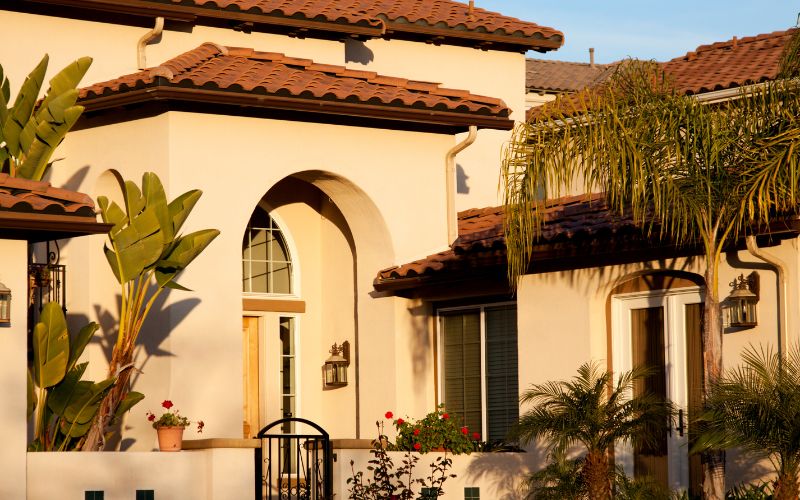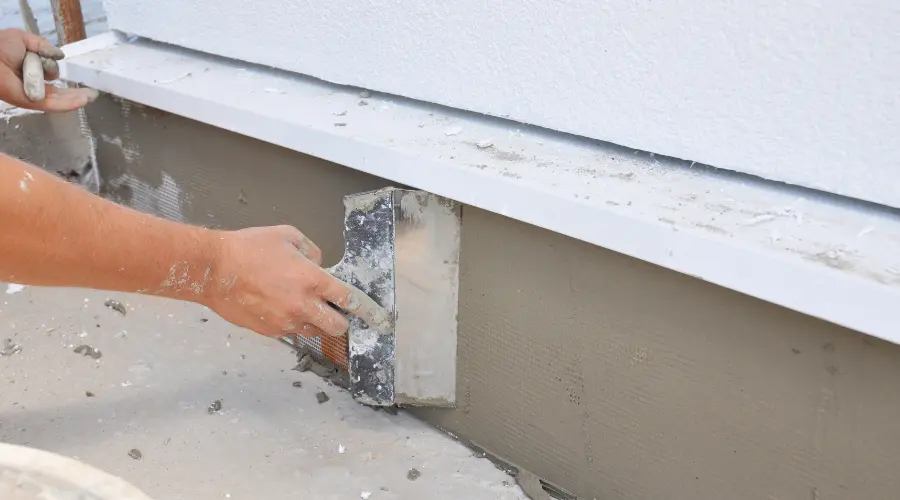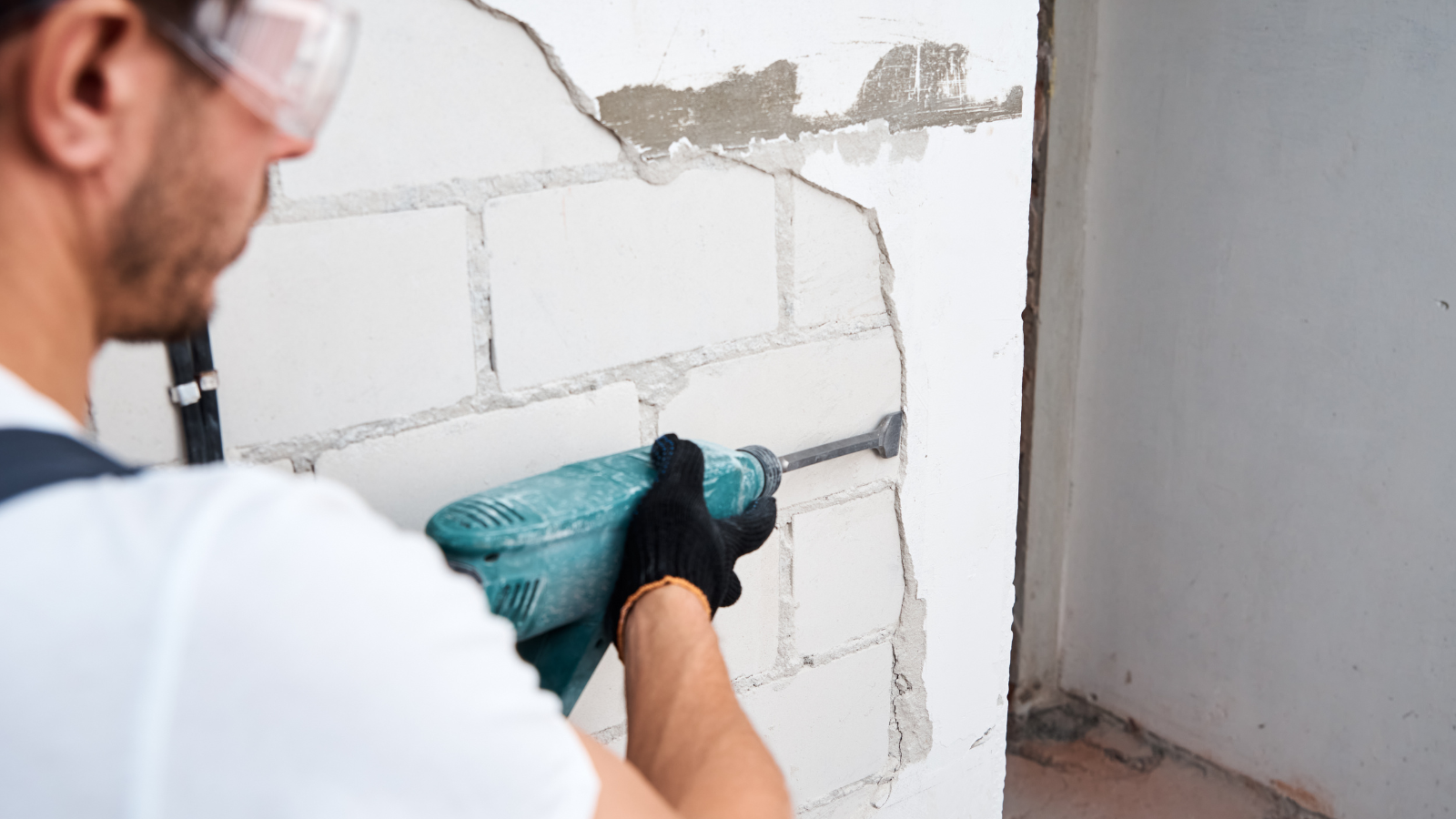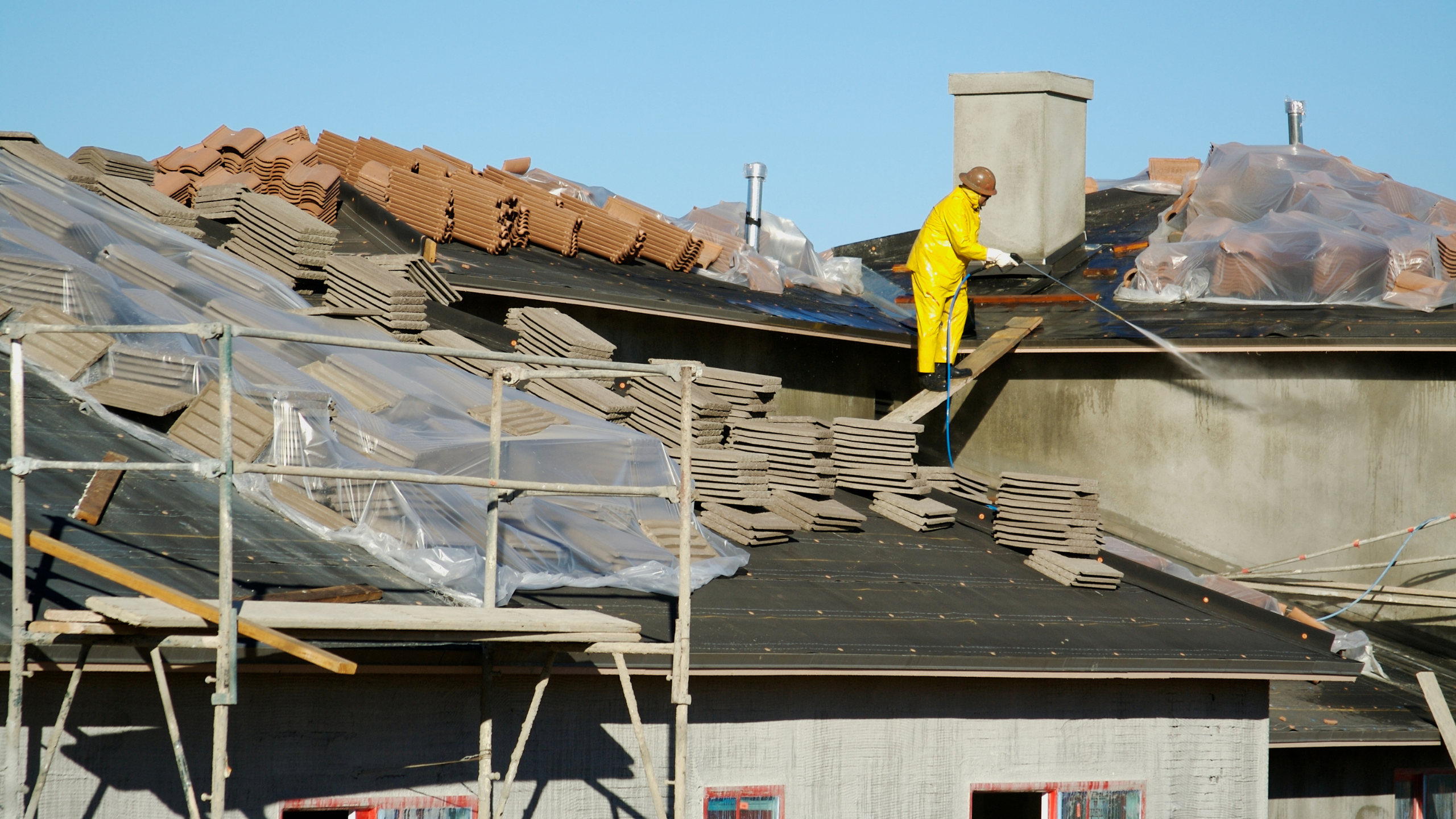The beauty, curb appeal, and value of your home can all be improved with stucco, a long-lasting, low-maintenance material. Your stucco, though, could deteriorate as a result of a variety of environmental and craftsmanship-related causes. Let’s quickly review them right now.
Commonest Causes of Stucco Failure
The beauty, curb appeal, and value of your home can all be improved with stucco, a long-lasting, low-maintenance material. The failure of your stucco, however, might be brought on by a variety of environmental and craftsmanship-related issues.
Faulty installation of the door or window sill
A door or window that is installed improperly or incorrectly may prevent water from effectively draining off the property, which could lead to issues. When it comes to windows, if a stucco installer didn’t properly put water-resistant paper behind the window, water might get trapped, which could cause mold growth and structural damage.
Your stucco work will crack and eventually degrade if there isn’t a strong barrier separating it from moisture.
Installation of the Flasher in error
You might expect to observe cracking and deterioration in your stone and stucco work if kick-out flashing diverters, one-piece molded plastic or metal parts meant to appropriately direct water flow, are absent or badly fitted.
faulty electrical outlet, vent, and other moisture entry point sealing
Similar to how window frames should be built, dryer vents, light fixtures, pipes, and electrical outlets should also be done correctly to prevent moisture intrusion, which can lead to stucco failure and other structural issues. In addition to having suitable water management systems surrounding them, these holes should be completely watertight.
A bad installation of the deck
To protect the rim joist and anything beneath (including stucco), a skilled deck builder should employ water management techniques including barrier membranes, rain screens, and ledger board drip can flashing. This is especially important in the case of larger decks. If you’re planning to build a deck, a skilled stucco inspector can spot any issues that might be present or offer guidance on how to safeguard your stucco.
Difficulties with the material transition
Transitions between stucco and other building materials, such as stone, concrete, siding, and brick, can be problematic if all connections between these dissimilar materials have not been correctly sealed for expansion and contraction, which can lead to and worsen both cracking and water penetration. Similar to how flashing around windows, doors, and chimneys are crucial to ensuring that water drains properly, it can also help to keep stucco from suffering significant harm.
For inspections, building, or repairs if you live close to Edison, call our stucco specialists.


